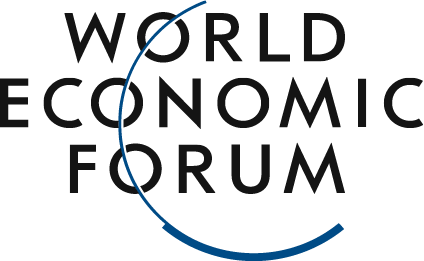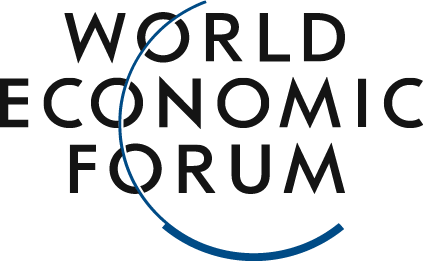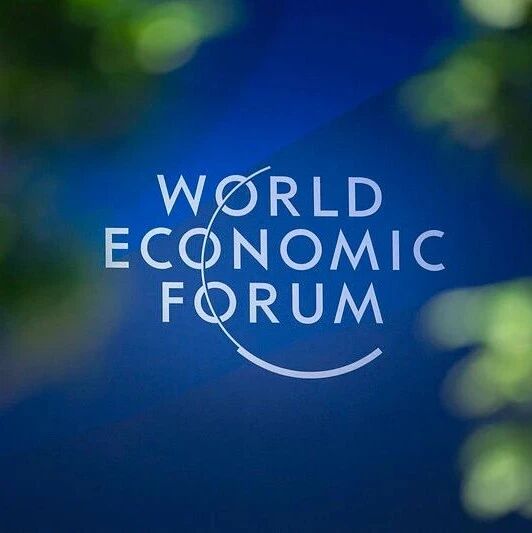

U.S. business leaders can create value amid geopolitical tensions.
Image source: Unsplash/Nick Night
Matt Watters
McKinsey & Company Partner
Business leaders are increasingly viewing geopolitical tensions as the biggest risk to economic growth, marking a shift from perspectives held over the past few decades.
Companies should establish an internal geopolitical team to anticipate and respond to global changes, ensuring they’re ready to seize emerging opportunities.
U.S. companies must adopt defensive measures while pursuing growth to navigate environmental volatility and ensure resilience.
Over the past 30 years, geopolitics has typically been an additional factor for business leaders to consider—often ranking behind macroeconomic concerns, strategy, and technological issues. But things are different now.
At the end of 2024, a survey conducted by McKinsey & Company among 900 global executives revealed that they view geopolitical tensions as the biggest risk to economic growth. And their assessment is spot-on. As the U.S. and China reshape trade and economic rules, a new era is on the horizon.
However, whether driven by geopolitics or technology-driven disruption, these shifts bring both opportunities and challenges. Ignoring such disruptions altogether—or adopting a purely protectionist mindset—could cause executives and the companies they lead to miss out on valuable opportunities.
Across industries, we’re seeing forward-thinking leaders asking themselves how to continue thriving amid the evolving market dynamics driven by geopolitical shifts. The following three actions can help businesses create value in a rapidly changing global landscape.
1. Prepare for the present
Companies need to establish dedicated internal geopolitical teams to provide expert support for high-level decision-making. These teams should not only assess potential scenarios but also strategize how to respond effectively—while keeping a strong focus on value creation and risk mitigation.
These departments should conduct scenario simulations and develop action strategies that include event-driven triggers and corresponding tactics, helping organizations capitalize on potential policy shifts—such as new industrial policies or trade agreements. As the Roman philosopher Seneca once said: "Luck is when preparation meets opportunity."
2. Identifying opportunities for business acceleration
Companies should leverage dedicated geopolitical teams to identify business acceleration opportunities arising from all geopolitically driven factors—such as tariffs, trade agreements, export controls, investment restrictions, sanctions, or shifts in domestic policies. These opportunities manifest specifically as follows:
Tariffs
While tariffs affect everyone, their marginal impact on individual businesses and the resulting cost of goods can vary significantly depending on differences in supply-chain footprints and cost structures.
Companies with a relative advantage may seek targeted growth opportunities by scaling up in their strongest markets and adjusting operations to align with evolving trade priorities. They can also strategically optimize pricing to capture market share from competitors that are more severely impacted.
Industrial Policy
Since 2017, industrial policies such as tax credits and subsidies aimed at boosting domestic industry development have nearly quadrupled in scale.
Companies may be able to leverage these policies to accelerate value creation and capital investment. The incentives included in the 2022 U.S. CHIPS Act have reshaped the capital return profiles of several semiconductor firms that prioritize U.S.-made products.
For instance, the global tech giant Intel has spotted an opportunity and announced a $100 billion investment to expand its commercial semiconductor manufacturing operations across multiple states. Given that these policies could still evolve, it’s essential to consider whether such investments would remain viable even in the absence of supportive government measures.
Free Trade Agreements and Trade Deals
The new trade agreement expands the total potential market for businesses, creating opportunities to enter new trade corridors that remain largely untapped. While multilateral trade agreements may face significant challenges, regional trade deals have surged by about 30% since 2017.
These agreements typically also help reduce trade barriers, streamline customs procedures, and create more favorable conditions for businesses to invest and expand. Additionally, companies can explore entering markets where demand has already been validated—and where competitors face greater pressure.
Export Controls
As governments around the world increasingly impose export controls on critical areas—such as emerging technologies like quantum, nuclear fusion, satellites, and advanced chips—foreign companies can step in to fill the resulting market gaps, helping them strengthen their market share.
However, such expansion should carefully weigh the potential loss of foreign technology transfer.
Investment Control
As the government increasingly implements investment controls to safeguard national security, domestic investors can leverage the advantage of reduced foreign competition to strengthen their market share and expand profit margins.
3. Driving the organization forward
Companies should adopt a proactive approach, striving to seize strategic opportunities and secure a first-mover advantage. However, these actions should also be balanced with "no-regrets" defensive measures—such as risk mitigation strategies—to reduce exposure and enhance the stability of both supply and costs.
For example, companies should diversify their supply chains by relocating to regions with lower tariff volatility, maintain inventory buffers to cushion against short-term supply disruptions, lock in prices with key suppliers, and adopt dual-sourcing and multi-factory strategies. Importantly, defensive measures and proactive initiatives should be pursued simultaneously—rather than as mutually exclusive approaches.
The only thing that’s certain is that the future is full of uncertainty. Whether in the distant past, the recent past, or the present, U.S. companies have already demonstrated their ability to adapt to the emerging global order. Now, they must seize opportunities amid the shifting market dynamics driven by geopolitical changes.

The above content solely represents the author's personal views.This article is translated from the World Economic Forum's Agenda blog; the Chinese version is for reference purposes only.Feel free to share this in your Moments; for reprints, please leave a comment at the end of the article or on our official WeChat account.
Editor: Wang Can
The World Economic Forum is an independent and neutral platform dedicated to bringing together diverse perspectives to discuss critical global, regional, and industry-specific issues.
Follow us on Weibo, WeChat Video Channels, Douyin, and Xiaohongshu!
"World Economic Forum"


